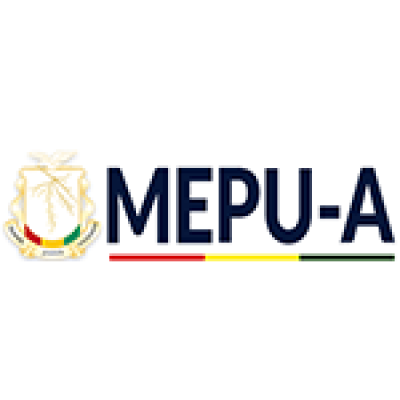Share
Print

The role of the Ministry of Pre-university Education and Literacy is to design, develop and implement government policy on pre-university education and literacy and to ensure the follow-up.
As such, it is particularly responsible for drafting legislative and regulatory texts in the area of preschool education, basic education and general and technical secondary education, civic and moral education, literacy, education non-formal, promoting national languages and ensuring their application;
